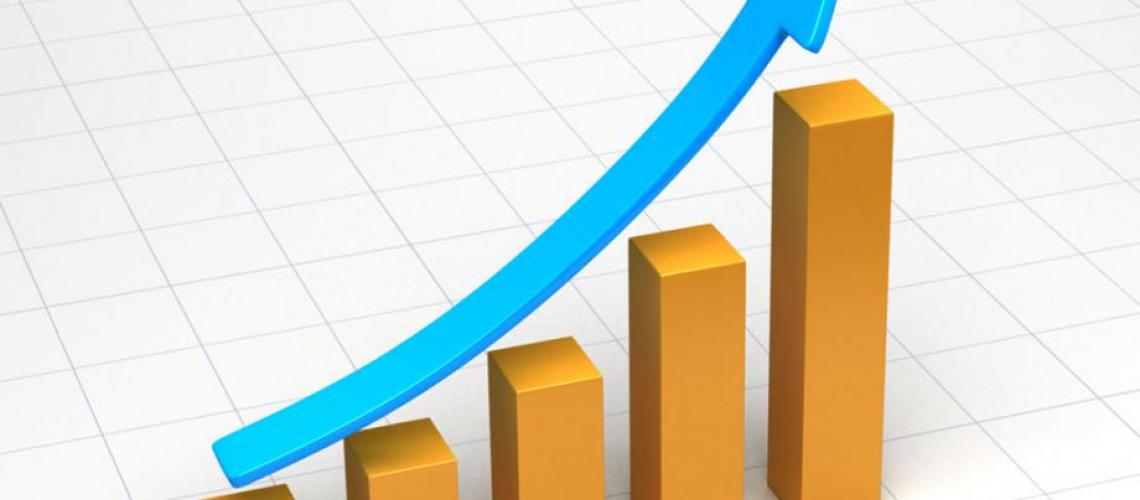
By Golam Moin Uddin
DHAKA, Dec 29, 2023 (BSS) - From the rubbles of an war-ravaged country, Bangladesh's per capita income (nominal) has now shoot up to $2,793 in 2023 after beginning with a mere $91 in 1972 just after independence weathering various odds and difficulties thanks to the prudent macroeconomic policies of the Awami League government.
It was more than three and a half year tenure of Father of the Nation Bangabandhu Sheikh Mujibur Rahman when the per capita income increased by 204 percent or more than three times to $277 in 1975. Before the assassination of Bangabandhu, the architect of the nation took the economy to a stable state from a fragile condition. Per capita income in 1973 was $114 with a 25 percent rise from the previous year while it was $172 in 1974 with a 51 percent increase. The Taka-Dollar exchange rate was 7.7 in 1972, which reached 12.18 in 1975.
After that, the per capita income only increased by $6 in the successive 16 years from 1975 to 1991 when the country was mostly ruled by the military dictators Ziaur Rahman and Hussain Muhammad Ershad.
Official data showed that the per capita income was reduced by 15 percent from 1976 to 1981 period while it took 15 years to reach the per capita income to $277 in 1990 although it had reached $277 in 1975.
The per capita income witnessed many ups and downs during that period, ruled by the military dictators, as it was $132 in 1976, $123 in 1977, $166 in 1978, $190 in 1979, $216 in 1980, $235 in 1981, $209 in 1982, $193 in 1983, $202 in 1984, $232 in 1985, $221 in 1986, $241 in 1987, $241 in 1987, $258 in 1988, $274 in 1989, $294 in 1990 and $283 in 1991.
Talking to BSS, Planning Minister MA Mannan said it was Bangabandhu who laid the foundation of the economy after the independent Bangladesh and thus the economy steered into a stable state within a short-period of time which was very exceptional in the global context.
He said that the main actors behind the quantum jump in per capita income during the Awami League government were the hard working people of the country in various sectors including in the RMG sector apart from the expatriate Bangladeshis.
He said that the farmers of the country are now conducting their agricultural activities with modern technologies and equipments thus leading to higher yield of crops and increased wages.
"Besides, the expatriate Bangladeshis who are going abroad also sending greenbacks to the country much to the relief of the economy," he added.
Mannan noted that the millions of male and female workers are contributing to the economy through working at the RMG and other industrial sectors over the years and such quantum jump in per capita income is also a result of that.
Above all, the planning minister attributed to the visionary and dynamic leadership of Prime Minister Sheikh Hasina for which the country's major macroeconomic indicators fared better during this one and a half decade of the Awami League government in three successive terms.
Mannan said the Awami League government invested heavily in the infrastructure sectors alongside in health, education and in various welfare-oriented activities for which the people of the country are now getting its benefits with improved living standards and higher per capita income.
During the period of 1991 to 1996 under the rule of the BNP government, the per capita income only increased by $102 as it reached $387 in 1996 up from $285 in 1992.
After that the country's per capita income rose to $410 in 2001 up from $395 in 1997 despite the fact that recession razed through the global economy from March 2001 to November of that year.
After that the per capita income only increased by $93 during the five years from 2001 under the rule of the BNP-Jaamat government as it rose to $503 in 2006 up from $407 in 2002.
After the assumption of office by Awami League government following the landslide victory in December 2008 election, the per capita income witnessed an exponential growth during that 15-year period from 2009 to 2023.
The per capita income was multiplied by almost five times during this period as it reached $2793 in 2023 up from $686 in 2009.
Considering the per capita income on purchasing power parity (PPP), the income also multiplied by five times in 2023 to $8779 in 2023 which was $1,724 in 2006 when the BNP-Jamaat was in the helm of power.
Riding on the prudent macroeconomic policies and implementation of various schemes and strategies, the per capita income gradually increased to $776 in 2010 followed by $856 in 2011, $877 in 2012, $974 in 2013, $1109 in 2014, $1236 in 2015, $1660 in 2016, $1816 in 2017, $1963 in 2018, $2122 in 2019, $2233 in 2020, $2458 in 2021, $2688 in 2022 and $2793 in 2023.